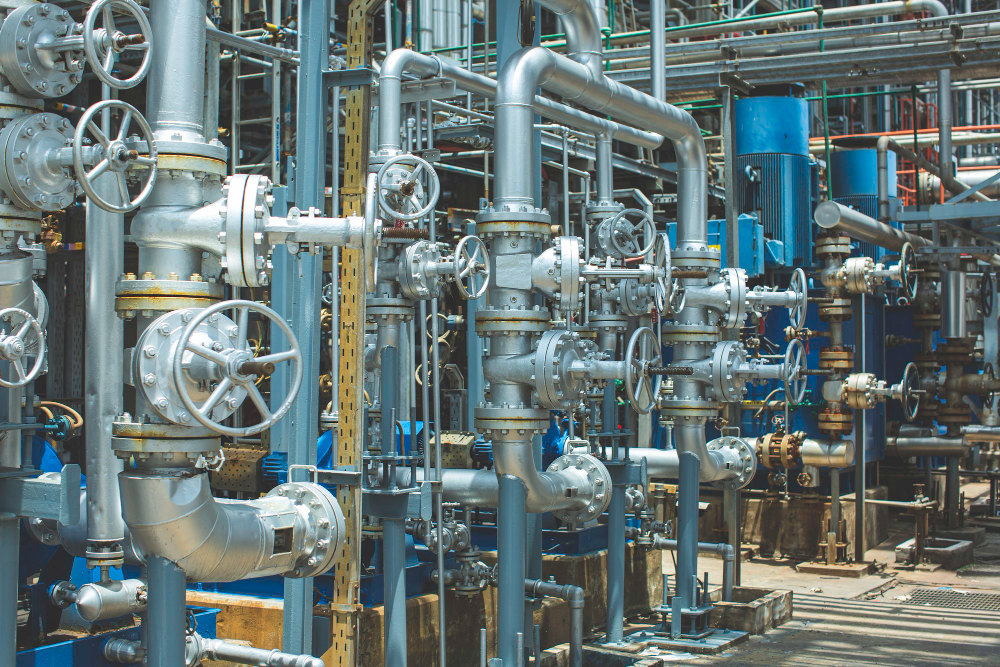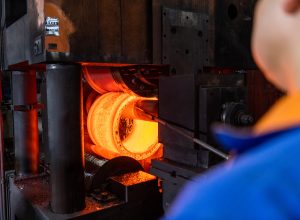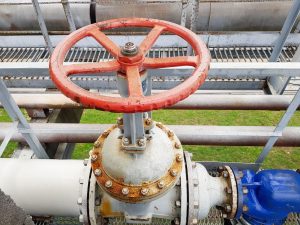Metals can corrode and ultimately wear away when they come into touch with certain substances and chemicals. When selecting valves, this is a significant consideration for chemical sector operations. The valve must function, of course, but it also has to be able to tolerate exposure to certain chemicals.
What are the most often used valves in the chemical sector, taking into account their longevity and functionality?
Well, with a few exceptions, most valves aren’t designed specifically for a single industry. Many different sectors, like the chemical industry, use plugs, gates, balls, and related kinds often. Durability is important, but it’s not the sole consideration. Consider the food business. Tough chemicals like chlorine need valves that can withstand them for cleaning purposes.
Therefore, choosing the appropriate valves for the chemical sector is not too difficult. Discover which ones are effective and why they are so excellent at it by reading on.
Plug Valves
Similar to ball valves, plug valves are designed to regulate the flow of liquid via pipelines. Because they are quarter-turn valves, all it takes to open or shut them is a 90-degree turn. They function by using a swivel-capable stopper that has holes to enable or limit liquid flow into the stream. Although their primary function is to stop or let material flow, they may also, although to a lesser amount, function as a kind of flow regulator.
Now, lubricated plug valves and plug valves have a significant distinction. As the name implies, the lubricated ones have lubrication between the valve and the plug. This lubricant has a sealing effect. Conversely, the unlubricated variants use a polymer sleeve to reduce friction and provide a seal.
Gate Valves
Gate valves are great when it comes to halting the liquid’s flow. They’re quite good at turning stuff off entirely. Though it’s not the greatest idea, you can use them to throttle the flow a little. Acting in this way might eventually damage the valve, perhaps causing permanent damage.
In chemical plants, these valves are like superheroes when it comes to handling liquids, but they can also manage gas and solids to some degree. Rising stems and non-rising stems are the two primary varieties. The first facilitates simple observation of the process, while the second shields the valve from corrosive environments.
Ball Valves
Ball valves are like pressure and flow control experts, and one of their many amazing features is that they never leak. This makes them very useful, particularly when handling liquids in the chemical sector. Imagine if they had these spherical, porous balls that could turn to let or obstruct the flow.
You’ll commonly find them in systems that handle the flow from compressed air lines to high-pressure hydraulic settings. It’s not only that these valves perform well that makes them beloved. They don’t need a lot of upkeep and are inexpensive, compact, and manageable.
Check Valves
Check valves to ensure that fluids only flow in one direction and not the other, acting as the fluid equivalent of traffic directors. They have several applications, particularly in the chemical sector. The wonderful thing about these valves is that they operate independently without the need for a handle or a person to spin them.
These valves come in three different varieties. The swing check valve is an excellent option for fluids that move more slowly. Alternatively, the piston check valve is appropriate for smaller pipelines experiencing frequent pressure variations. The last kind is the stem-operated lift check valve, which is capable of withstanding very high temperatures, high pressures, and severe chemicals.








